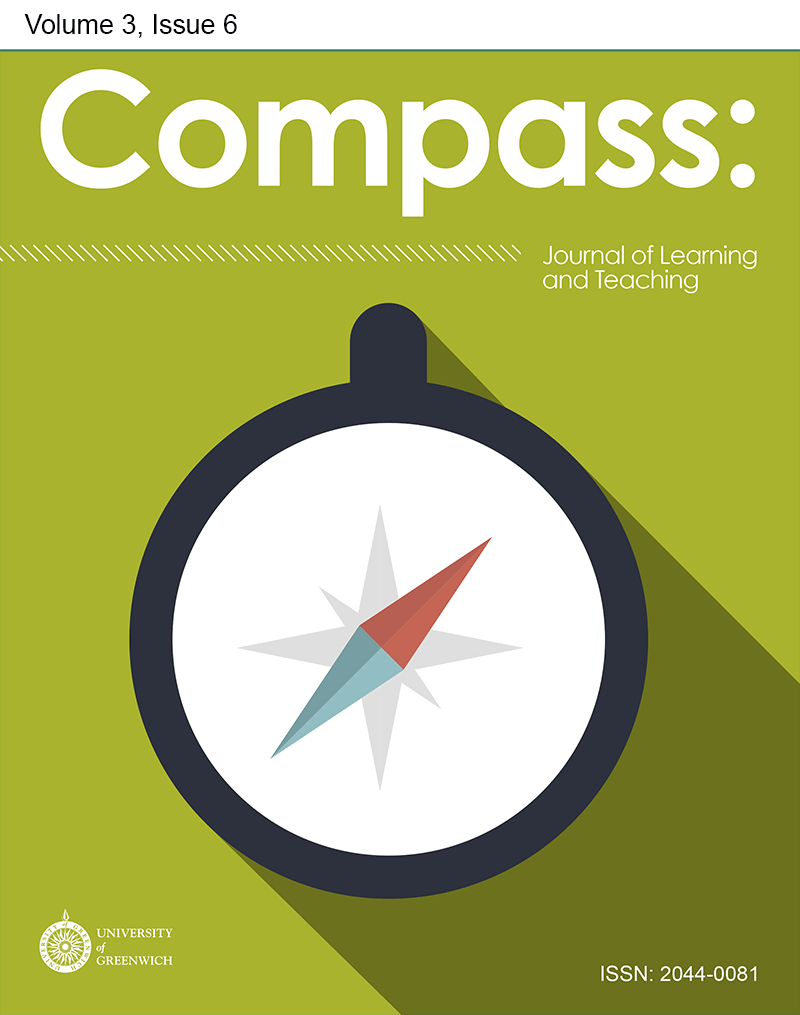Using Virtual and Augmented Reality to Create Realistic Training Events
DOI:
https://doi.org/10.21100/compass.v3i6.159Abstract
The importance of realistic training cannot be overemphasised in certain areas of training, for example where quick decisions are required that may impact on life and death situations. Research shows that learning under stress, for example studying for exams or meeting deadlines for the submission of coursework, can help focus the mind and can result in faster processing, storage and recall of information. While there is often a debate about the retention of that information and the knowledge thereby gained, there can be no doubt that this model is frequently purposely self-imposed by students. Research also shows that the performance of individuals under stress can vary tremendously, with some performing worse and others performing better. It is therefore important to bear this in mind when developing training environments that are intended to be realistic and reflect the real-world situations that a crisis manager might encounter.
Downloads
Published
How to Cite
Issue
Section
License
Compass: Journal of Learning & Teaching provides immediate open access to its content on the principle that making research freely available to the public supports a more equitable global exchange of knowledge.
Works are released under the default licence of Creative Commons Attribution 4.0 International (CC BY), which provides unrestricted use, distribution, and reproduction in any medium, provided the original work is properly cited. If authors require a divergent licence, please contact the Scholarly Communications Manager at scholarlycommunications@greenwich.ac.uk.
Authors of articles published in Compass: Journal of Learning & Teaching remain the copyright holders to their published work and grant third parties the right to use, reproduce, and share the article according to terms of the Creative Commons license agreement applied to the work by Compass: Journal of Learning & Teaching.
Self-archiving policy: authors are permitted, and encouraged, to deposit any version of their article - submitted, accepted, and published versions - in subject and institutional repositories at any time.
If you have any queries about the choice of license, or which to discuss other options, please contact the Scholarly Communications Manager at scholarlycommunications@greenwich.ac.uk.



